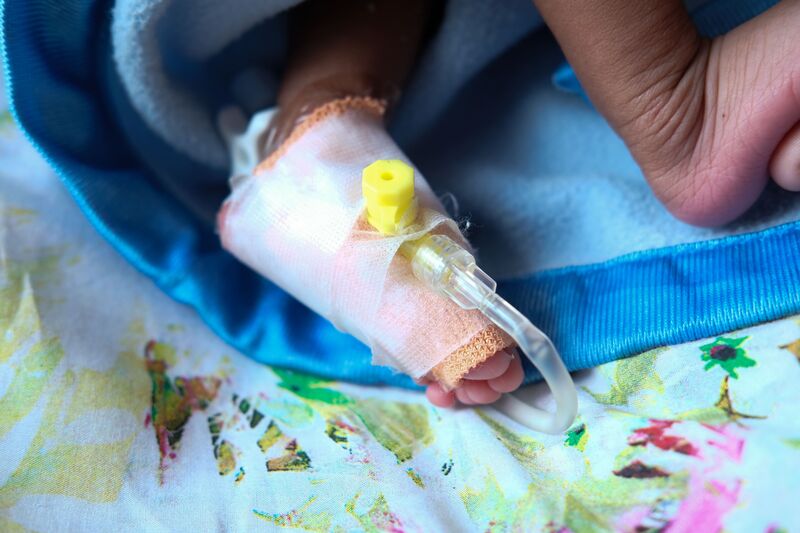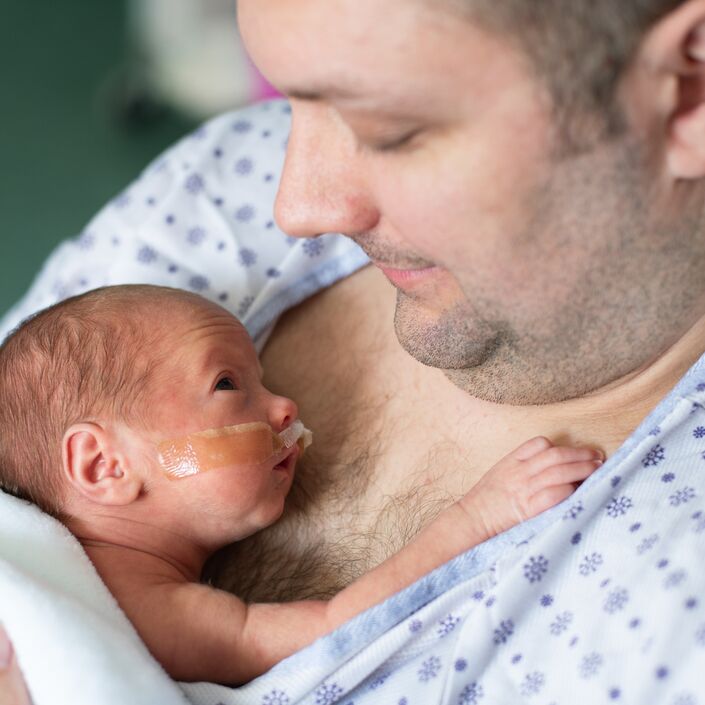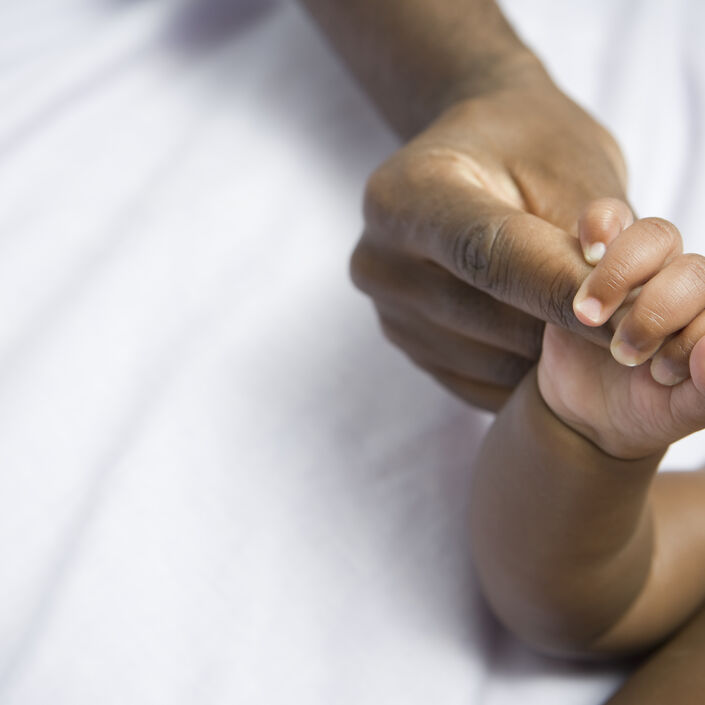In a new report, Bliss details the importance of neonatal Allied Health Professionals (dietitians, occupational therapists, physiotherapists, and speech and language therapists), Psychological and Pharmacy professionals (AHPPPs) to the long-term outcomes of babies born premature or sick. For these babies to have the best possible chance of survival and quality of life they need to be cared for by a fully staffed and fully funded multidisciplinary team (MDT) of neonatal professionals.
However, despite the benefits these professional groups bring, Bliss has found that there are not enough staff on units across the UK. On average, there is a 67 per cent shortfall between the recommended staffing levels for units and the staffing levels currently in place. There are also challenges to recruiting and retaining staff such as funding for recruitment and a lack of career progression which contributes to the staffing shortfall.
Bliss’ research also found that parents with babies on neonatal units recognise the invaluable care that AHPPPs deliver to ensure they have the best chance of survival and quality of life. Support from neonatal AHPPPs had a positive or very positive impact on 9 in 10 parents surveyed. However, our report shows that access to AHPPP services varies across the UK, negatively impacting staff and the care that they can provide to families.
To address this, Bliss is calling on governments and NHS bodies across the UK to:
- Ensure funding is available for services to recruit to sufficient posts to meet the recommended staffing levels in units and regional networks
- Ensure all areas of the UK have plans in place to work towards full staffing levels for all AHPPP groups
- Ensure national workforce planning considers retention alongside recruitment, taking into consideration specific challenges that different regions face
- Develop and improve AHPPP leadership in all UK Nations through a model of neonatal AHPPP lead roles
The parent of a baby who received neonatal care said: “AHPs were paramount in ensuring our baby made it home from hospital, they encouraged bonding between me (mum) and baby, and dad and baby. They listened in the hard times and celebrated the good times. They helped us feel like parents, when we felt so far from parenthood. Having a psychologist on the unit helped us process what happened to us.”
Caroline Lee-Davey, Bliss Chief Executive, said: “In recent years we have seen much more evidence published about the invaluable role that neonatal Allied Health Professionals, Psychological and Pharmacy (AHPPP) professionals play in delivering high quality neonatal care to babies, alongside doctors and nurses. Across these roles, the breadth and depth of their specialist expertise contributes to all aspects of babies’ neonatal care, from feeding support to medicines safety.
“It is therefore of great concern that Bliss’ latest research highlights such significant shortfalls in provision of these professional groups across the UK. These professionals should play a crucial role in delivering the best care and ensuring optimal long-term outcomes for babies in neonatal care. The support that parents receive from AHPPPs also helps them to play a full role as partners in their baby’s care, which we know is best for babies as well as supporting strong family attachment and bonding.
“We urge governments across the nations to ensure that AHPPPs receive the funding and support required to properly embed services, to ensure that every baby born premature or sick in the UK is given the best chance of survival and quality of life.”
You can download the full report: Filling the gaps: A Spotlight on Allied Health Professional, Psychological and Pharmacy Roles in Neonatal Care (opens as a PDF)


